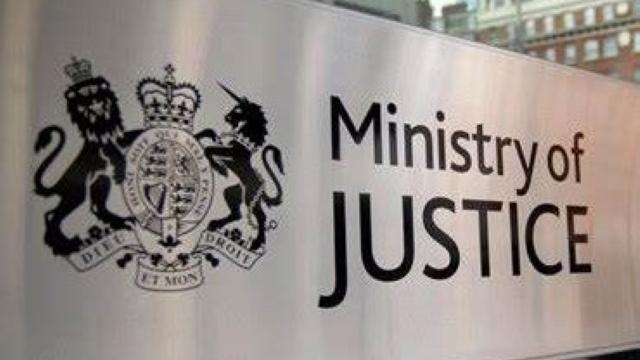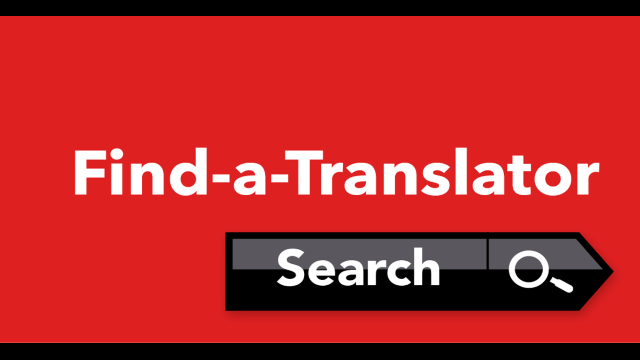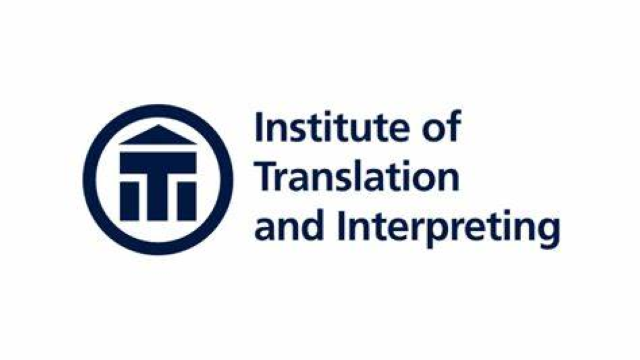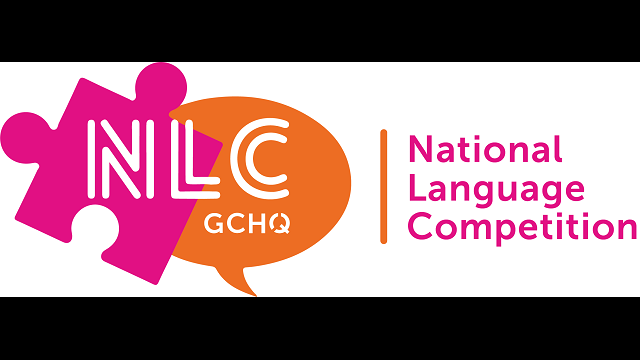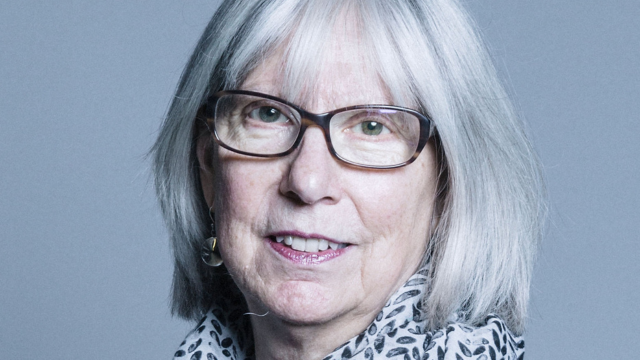-
QUALIFICATIONS
- For Linguists Worldwide
- For UK Public Services
- Preparation
- Policies & Regulation
-
MEMBERSHIP
- Join CIOL
- Professional Membership
- Affiliate Membership
- Chartered Linguist
- Already a member?
- Professional conduct
- Business & Corporate Partners
-
LANGUAGE ASSESSMENTS
- English
- All Other Languages
-
EVENTS & CPD
- Webinars & Events
- CIOL Conferences
- Networks
- CIOL Mentoring
-
NEWS & VOICES
- News & Voices
- CIOL eNews
- CIOL Awards
- The Linguist Magazine
- Jobs & Ads
-
RESOURCES
- For Translators & Interpreters
- For Universities & Students
- Standards & Norms
- CIOL & AI
- All Party Parliamentary Group
- In the UK
- UK Public Services
- Find-a-Linguist
Reflections on the Duolingo Westminster Language Challenge
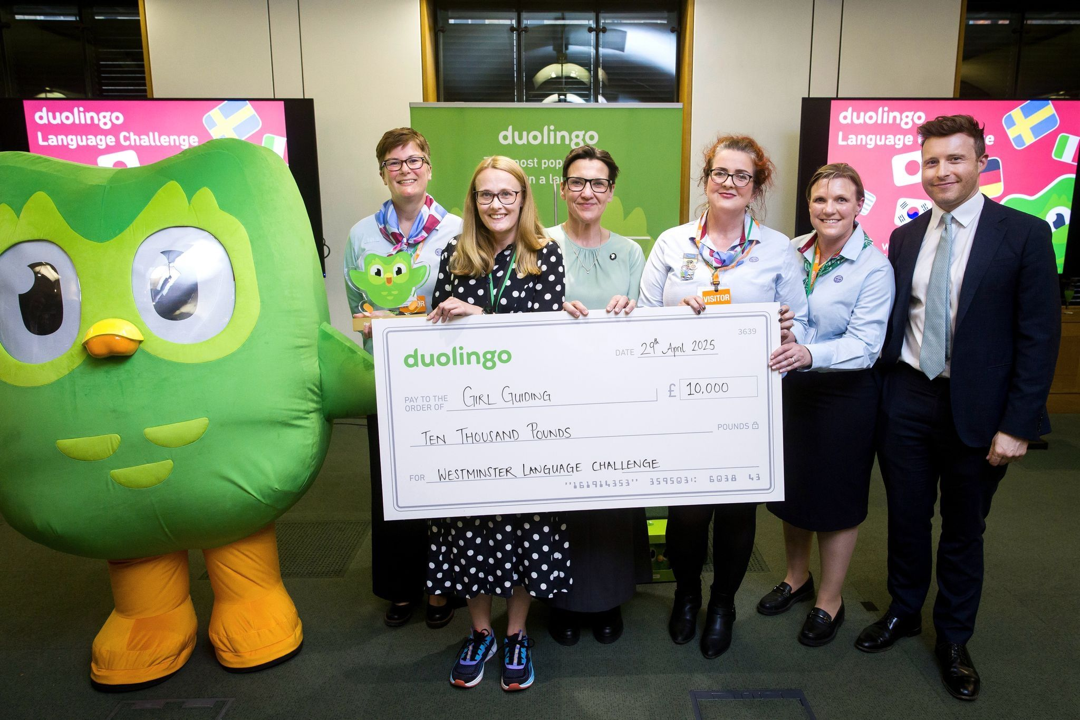
By Michael Lynas, UK Country Director Duolingo
The Duolingo Westminster Language Challenge
“I, Michael Lynas, being the UK Country Director and Acting Returning Officer for the Duolingo Westminster Language Challenge, do hereby give notice that the number of lessons recorded for the candidates at the said Challenge is 65,000…”
That is how I began our awards ceremony in Parliament — a playful nod to the traditions of electoral declarations, but one that marked the conclusion of a very different kind of campaign. The Duolingo Westminster Language Challenge, held in partnership with the All-Party Parliamentary Group on Modern Languages, invited Members of Parliament and peers to embrace a new habit: daily language learning.
Launched on 1 January 2025, the Challenge aimed to turn good intentions into action. Our 2024 research, conducted by Savanta, had revealed that only 13% of current MPs speak a foreign language — a 35% decline in two decades — yet 74% expressed a desire to learn one, given the opportunity. The Westminster Language Challenge sought to meet that moment, offering a simple and accessible path through Duolingo.
The Results
The response was remarkable. Over a three-month period:
-
200 parliamentarians, including 80 MPs, actively took part;
-
They completed more than 65,000 lessons, logging over 125,000 minutes of learning — the equivalent of 87 full days;
-
Participants studied 26 different languages, ranging from Arabic and Ukrainian to Zulu, Latin, and Chinese.
Twelve MPs completed a lesson every day of the Challenge, and a further 30 participated for 80 days or more — forming the kind of regular practice that supports language acquisition.
The top three performers — Cat Smith MP pictured above (French), Adam Thompson MP (Welsh), and Alex Mayer MP (German and French) — shared a £20,000 prize fund for their chosen charities, including Girl Guiding, BlueTonic, and Home Start. Lord Frost (below) was the highest-placing peer.
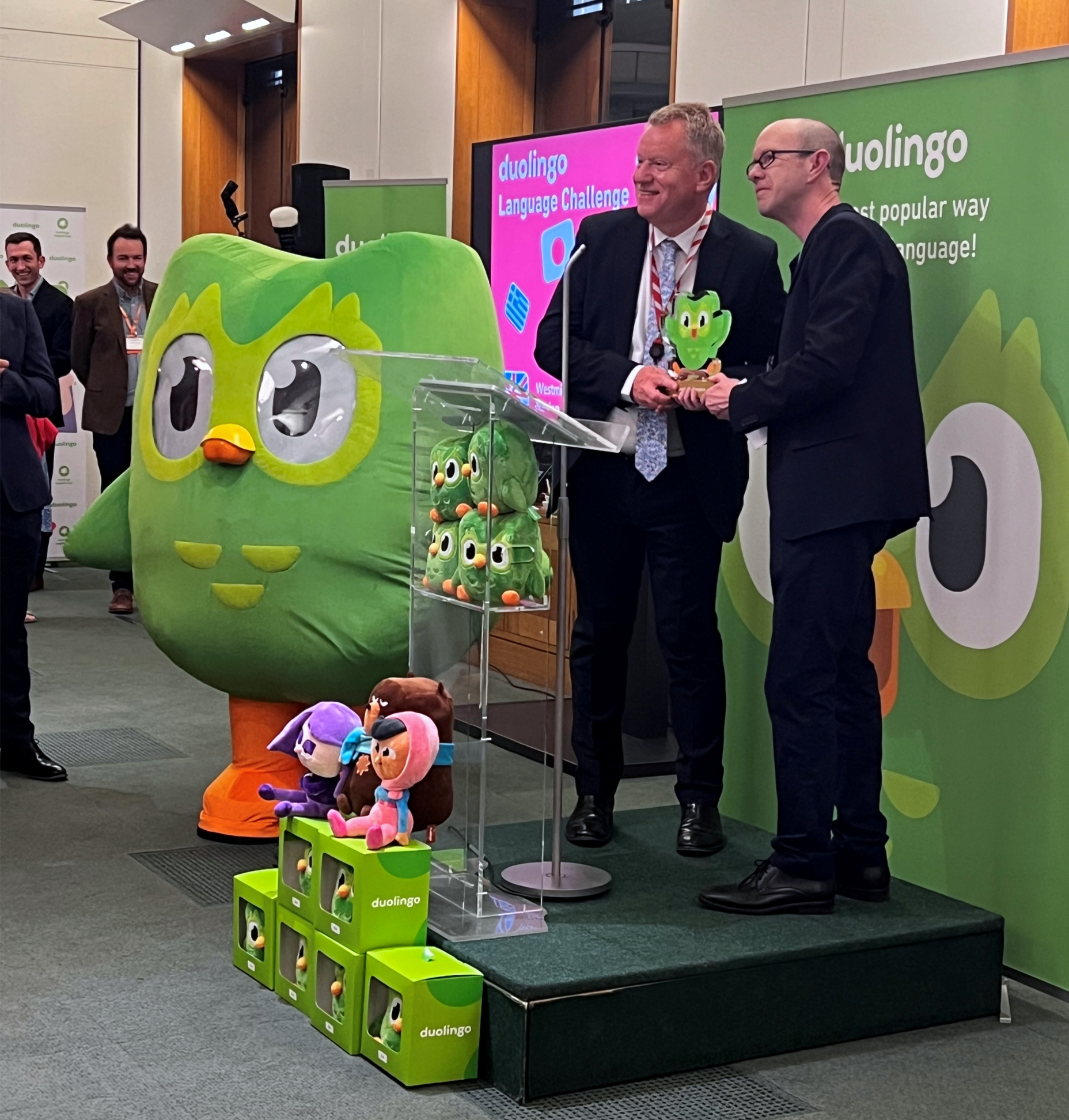
Key Insights: What We Learnt
Beyond the impressive participation figures, the Challenge revealed a number of significant findings about language learning in the UK today, many of which tell a much more positive story than we’re used to hearing.
1. There is strong evidence of growing interest in language learning across the UK — particularly among younger learners.
New data released from Duolingo shows that the UK ranks second globally for the number of users learning more than one language, challenging long-held assumptions about national apathy toward language study. Notably, those under the age of 22 are the most likely to be engaging with multiple languages — and doing so across an increasingly diverse linguistic spectrum. This trend suggests a rising generational appetite for multilingualism and cross-cultural engagement, even as formal language education continues to face significant pressures.
2. English is the third most studied language within the UK.
While unexpected at first glance, this reflects the reality of a linguistically diverse population: the most recent UK census reported that over one million people in the UK do not speak English well or at all. Duolingo is the world’s largest provider of free English instruction, and we are proud to support learners at all levels — including through initiatives such as our pilot project with Devon County Council, which is testing the use of the Duolingo English Test to support refugees with both learning and certification.
3. There is a notable difference between the language choices of MPs and the general public.
The most studied languages among MPs during the Challenge were French, Spanish, and German, consistent with traditional school curricula. However, among UK learners more broadly, there is growing enthusiasm for East Asian languages — including Japanese, Korean, and Chinese. This divergence highlights a generational and cultural shift in language preferences, driven in part by youth engagement with global media and digital platforms.
4. Motivation is often deeply personal — and highly practical.
Participants cited a variety of reasons for taking part. Some sought to reconnect with heritage languages, while others wanted to better serve multilingual constituencies or support family members. One MP learned Chinese to surprise his daughter, now fluent in Mandarin and preparing to study near Beijing. Others began learning Welsh to connect with their family roots. Some learnt Ukranian in solidarity with refugees in their constituency.
Our winner, Cat Smith MP, said this:
“I didn't enjoy learning French at school so I was delighted to take part. By making learning a daily habit I found myself learning more in these few months as an adult than I ever managed in years at school. Now the competition is over I probably won't be spending so much time on Duolingo, but I will definitely keep it up. Sometimes my young son likes to ‘play Duolingo’ with me too. It’s been fun, and I’m so happy the Girl Guides in Lancaster and Garstang will benefit!”
Looking Ahead
The Westminster Language Challenge has made clear that the desire to learn languages is alive and well in the UK — even in the corridors of power. The challenge ahead lies not just in creating interest, but in translating informal learning into formal educational outcomes, particularly in secondary and higher education. This is a systemic challenge, and one that requires sustained collaboration between policymakers, educators, researchers, and language professionals.
At Duolingo, we are committed to supporting that collaboration. In the months ahead, we will:
-
Partner with the Higher Education Policy Institute to publish new research on language learning and policy;
-
Release additional UK-specific data to inform public debate and educational strategy;
-
Launch a research partnership with a UK university to evaluate the efficacy of app-based language learning;
-
Continue to expand the use of Duolingo and the Duolingo English test to support international students and refugees to learn English and certify their proficiency;
-
Deepen our partnership with the Modern Languages APPG, the Chartered Institute of Linguists, and the University Council for Languages.
We remain committed to making education free, fun, and accessible to all — and we welcome opportunities to work with others who share that vision.
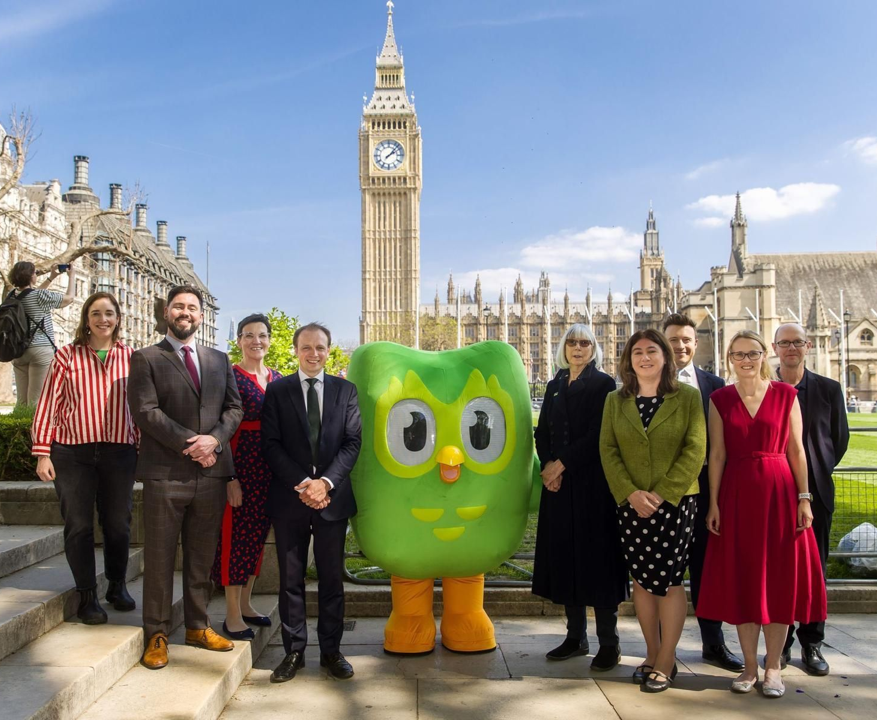
More
The Chartered Institute of Linguists (CIOL), Incorporated by Royal Charter, Registered in England and Wales Number RC 000808 and the IoL Educational Trust (IoLET), trading as CIOL Qualifications, Company limited by Guarantee, Registered in England and Wales Number 04297497 and Registered Charity Number 1090263. CIOL is a not-for-profit organisation.

